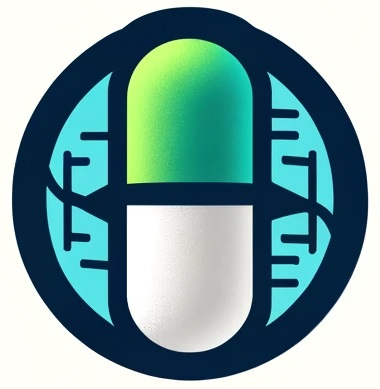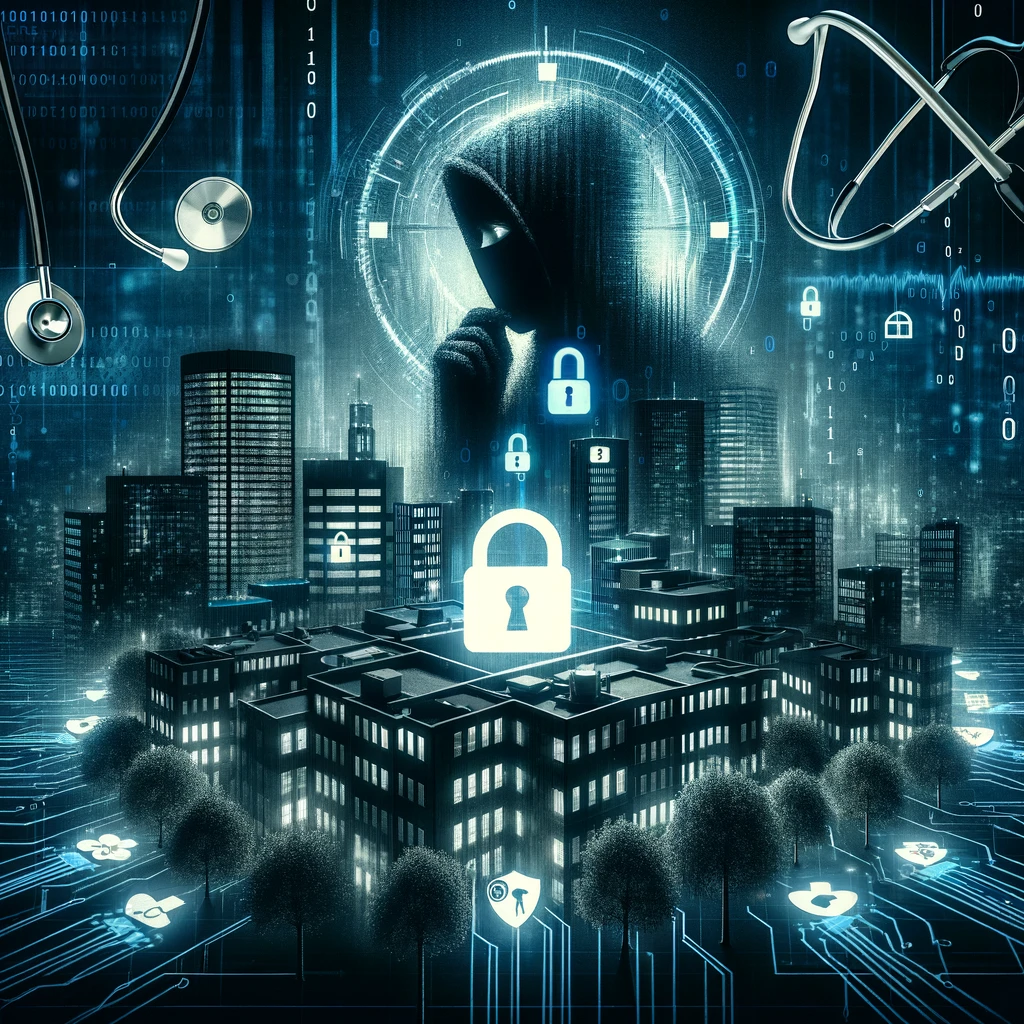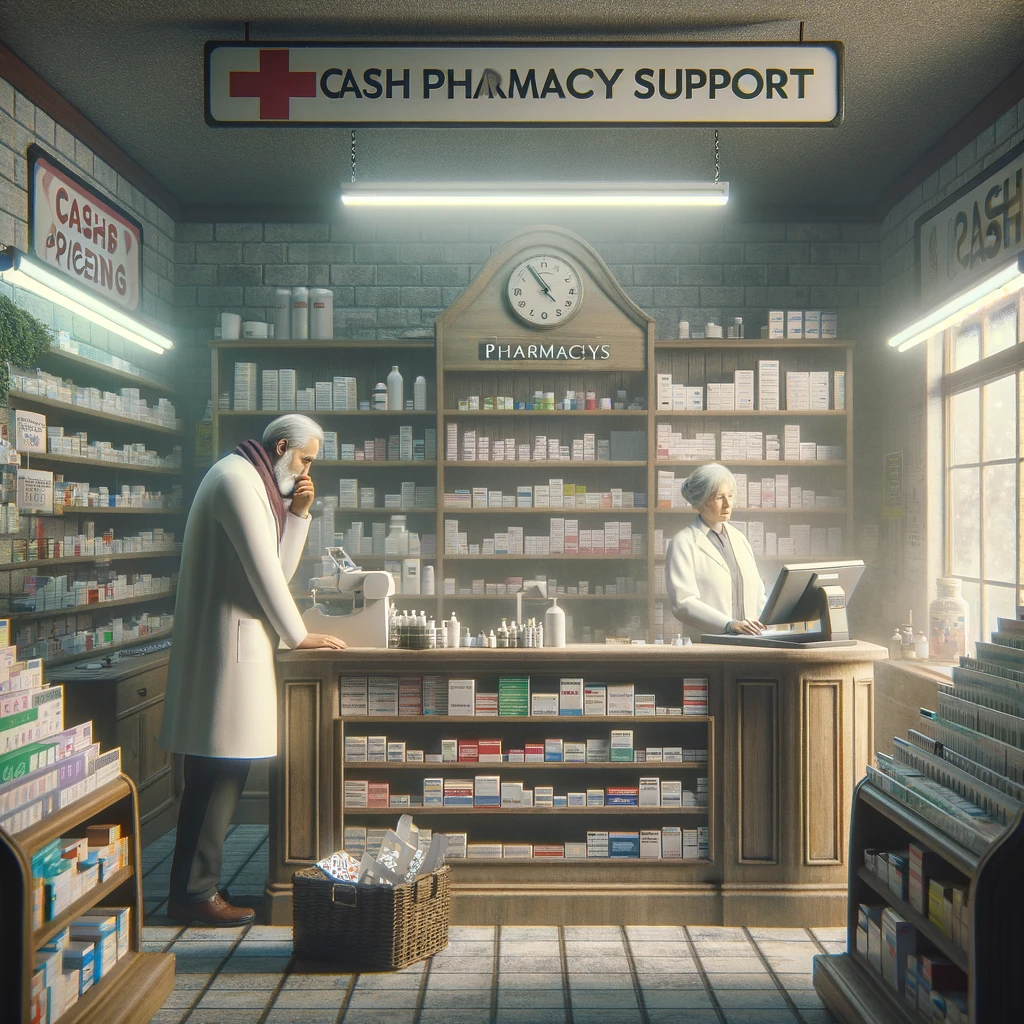In a recent hearing titled “Examining the Change Healthcare Cyberattack,” led by Subcommittee Chair Morgan Griffith, the grave consequences of a significant cyberattack on Change Healthcare—a subsidiary of UnitedHealth Group—were brought into sharp focus. This event underscores not only the vulnerabilities inherent in our healthcare systems but also the profound impact such disruptions can have on patients and providers alike.
The Vulnerability Exposed
The cyberattack on Change Healthcare, which processes approximately 50% of U.S. medical claims, highlights a critical weakness in the health insurance sector: the consolidation of crucial services under a single entity. This setup not only presents a tempting target for cybercriminals but also poses a systemic risk to healthcare delivery across the country. The fact that the attack was reportedly executed using “compromised credentials” and occurred without multifactor authentication—an otherwise standard security measure—points to significant lapses in cybersecurity protocols.
The Human Cost
The real-world implications of such a cybersecurity failure are dire. For instance, patients at Marion Family Pharmacy in Virginia found themselves unable to afford essential medications, from diabetes treatments to antipsychotics, because their copay assistance cards could not be processed. The immediate financial burden placed on these individuals, who were forced to pay out-of-pocket or even forgo necessary medications, is unacceptable.
The Strain on Healthcare Providers
The cyberattack also placed an enormous strain on healthcare providers who were left scrambling when UnitedHealth abruptly stopped processing claims. The uncertainty of payment led to additional operational challenges, including the need to switch clearinghouses and manage prior authorizations without support. The minimal assistance offered by UnitedHealth’s emergency loan program, which was both insufficient and restrictive, has left providers like a suburban Philadelphia physician contemplating the sale of her practice to stay afloat.
A Broader Impact
Beyond the immediate financial and operational disruptions, the attack has had a chilling effect on the overall healthcare landscape, with potential delays and cancellations of critical medical procedures. Moreover, the breach of patient data, with a “substantial proportion” of personal health information reportedly stolen and leaked on the dark web, raises profound privacy concerns. This incident not only jeopardizes individual privacy but also erodes public trust in the healthcare system.
Looking Forward
As the subcommittee continues to investigate this cyberattack, it is crucial for all stakeholders, especially conglomerates like UnitedHealth, to reassess and fortify their cybersecurity measures. The need for robust, multi-layered security protocols and rapid response plans cannot be overstated. Additionally, regulatory bodies must ensure that such entities do not wield excessive control over essential healthcare services, thereby mitigating systemic risks.
This hearing serves as a stark reminder of the fragility of our interconnected healthcare systems and the real dangers posed by cyber threats. It is imperative that we learn from this incident and take decisive steps to protect the integrity and security of healthcare data and services. Moving forward, continuous oversight and stringent cybersecurity standards will be key to safeguarding the health and wellbeing of the public.
- Original Article: https://energycommerce.house.gov/posts/chair-griffith-opening-remarks-on-the-change-healthcare-cyberattack
- Prompt: Provide your thoughts on the linked article from an industry insider perspective.



